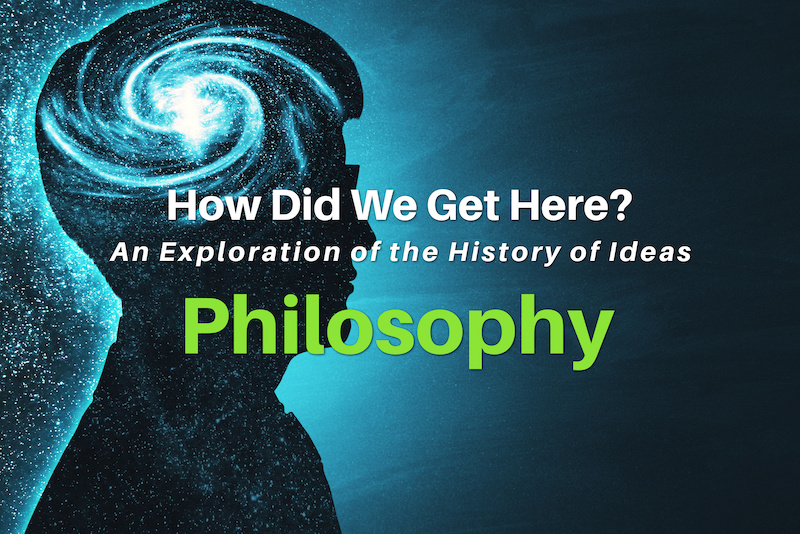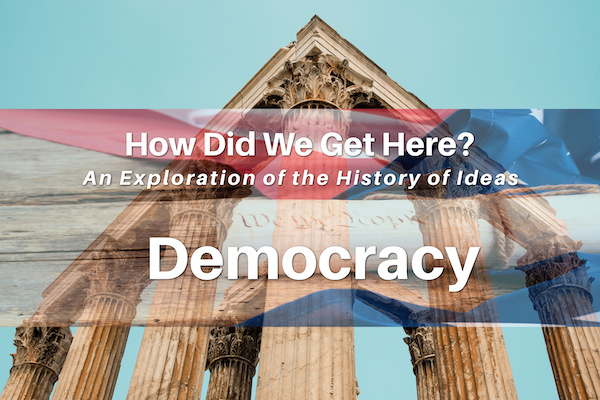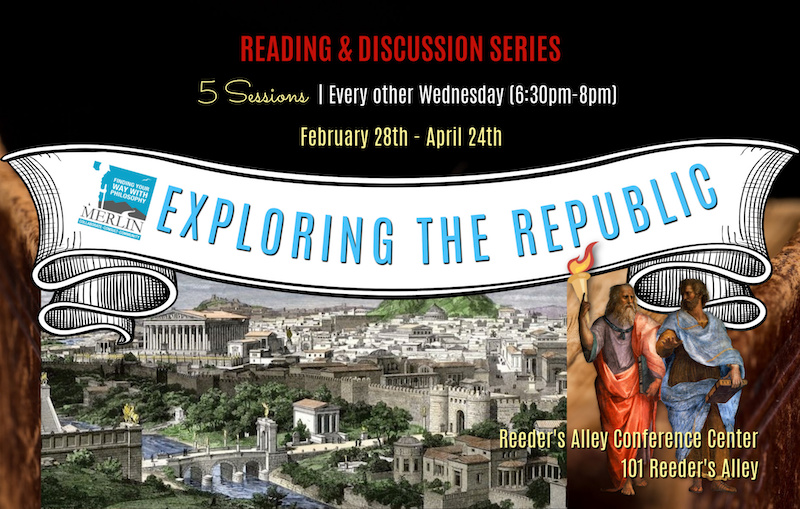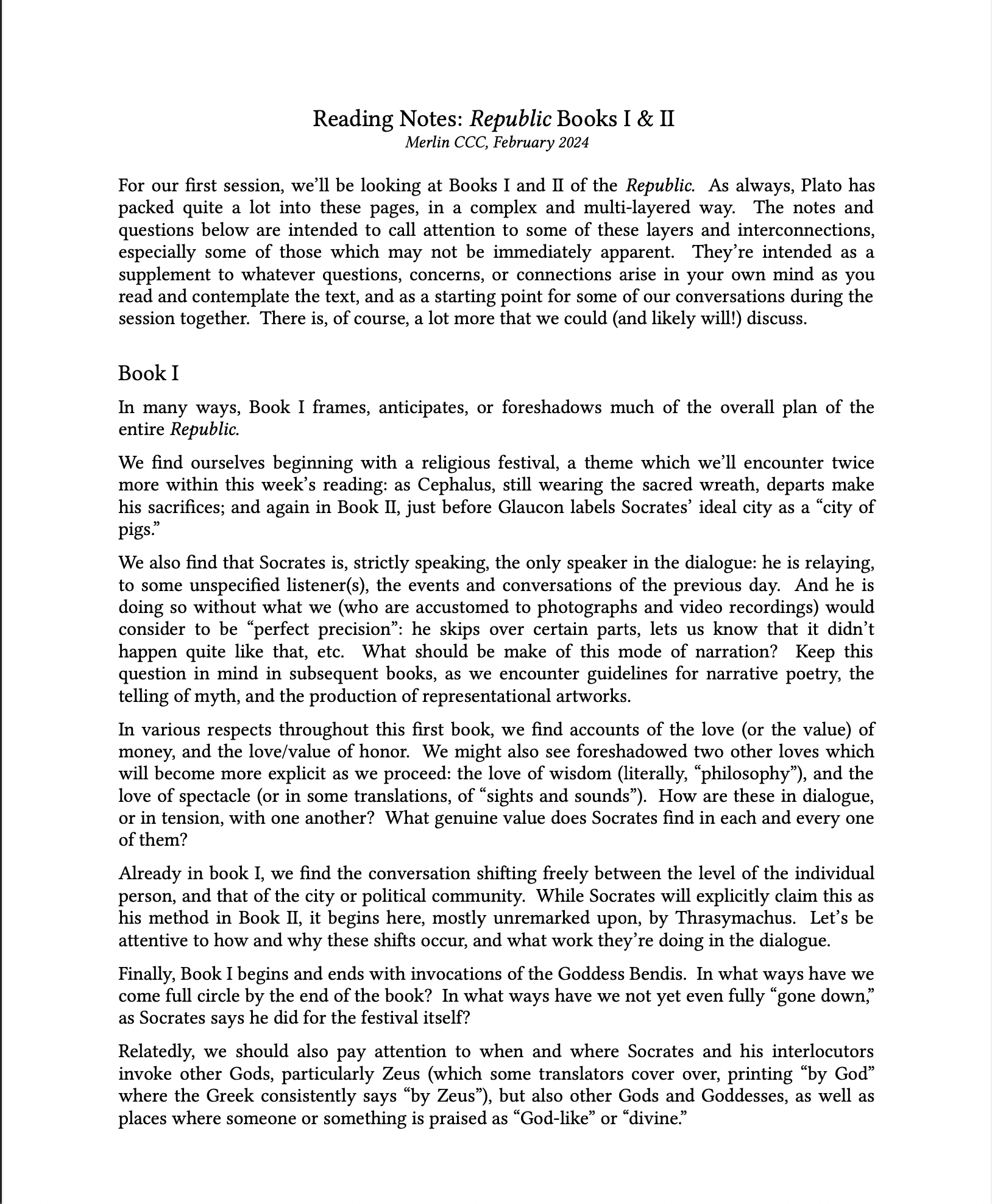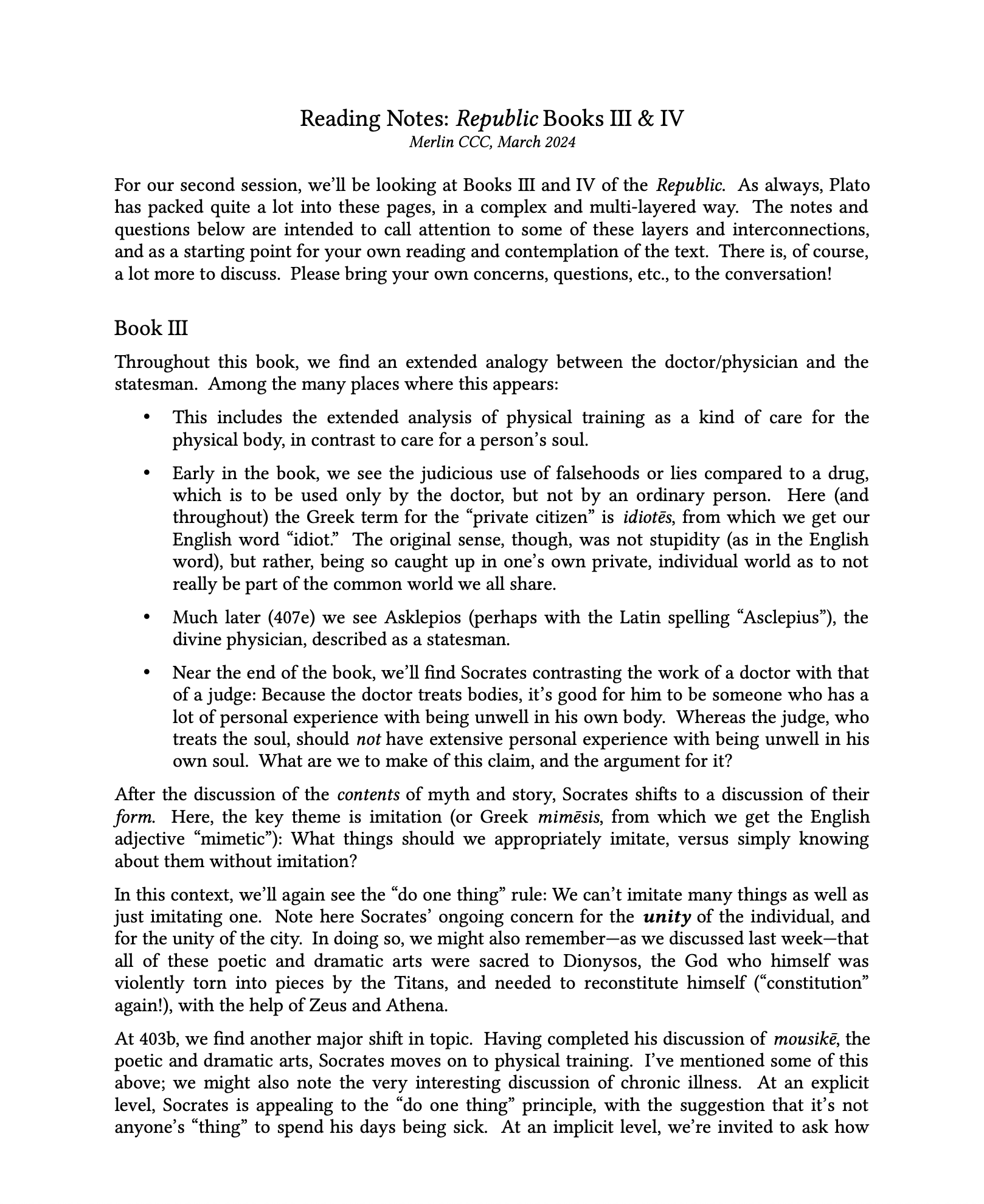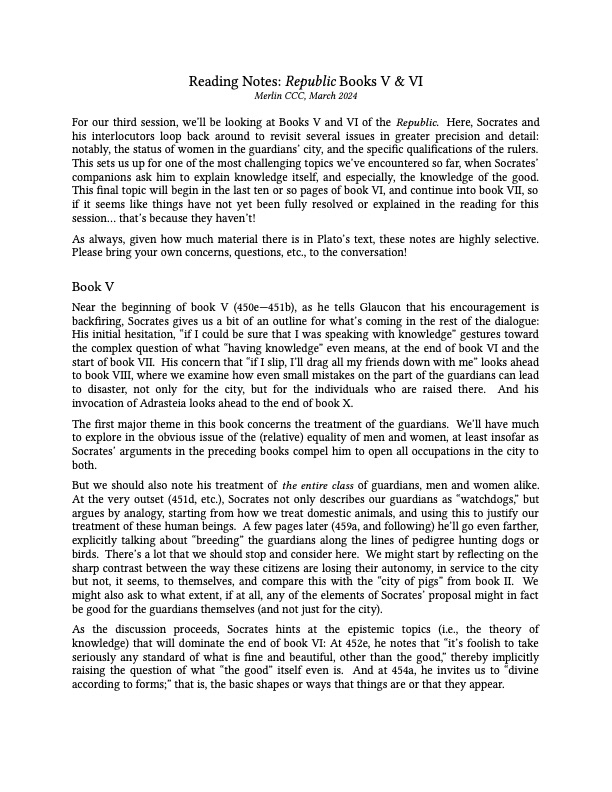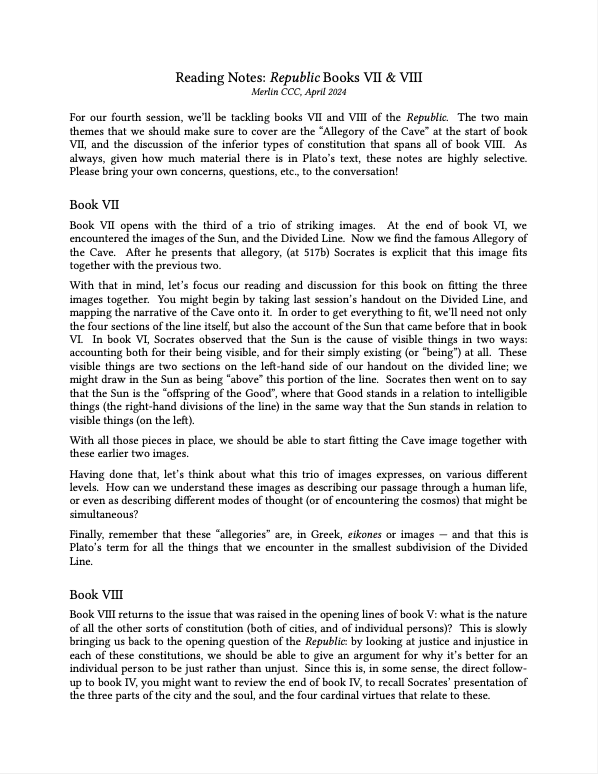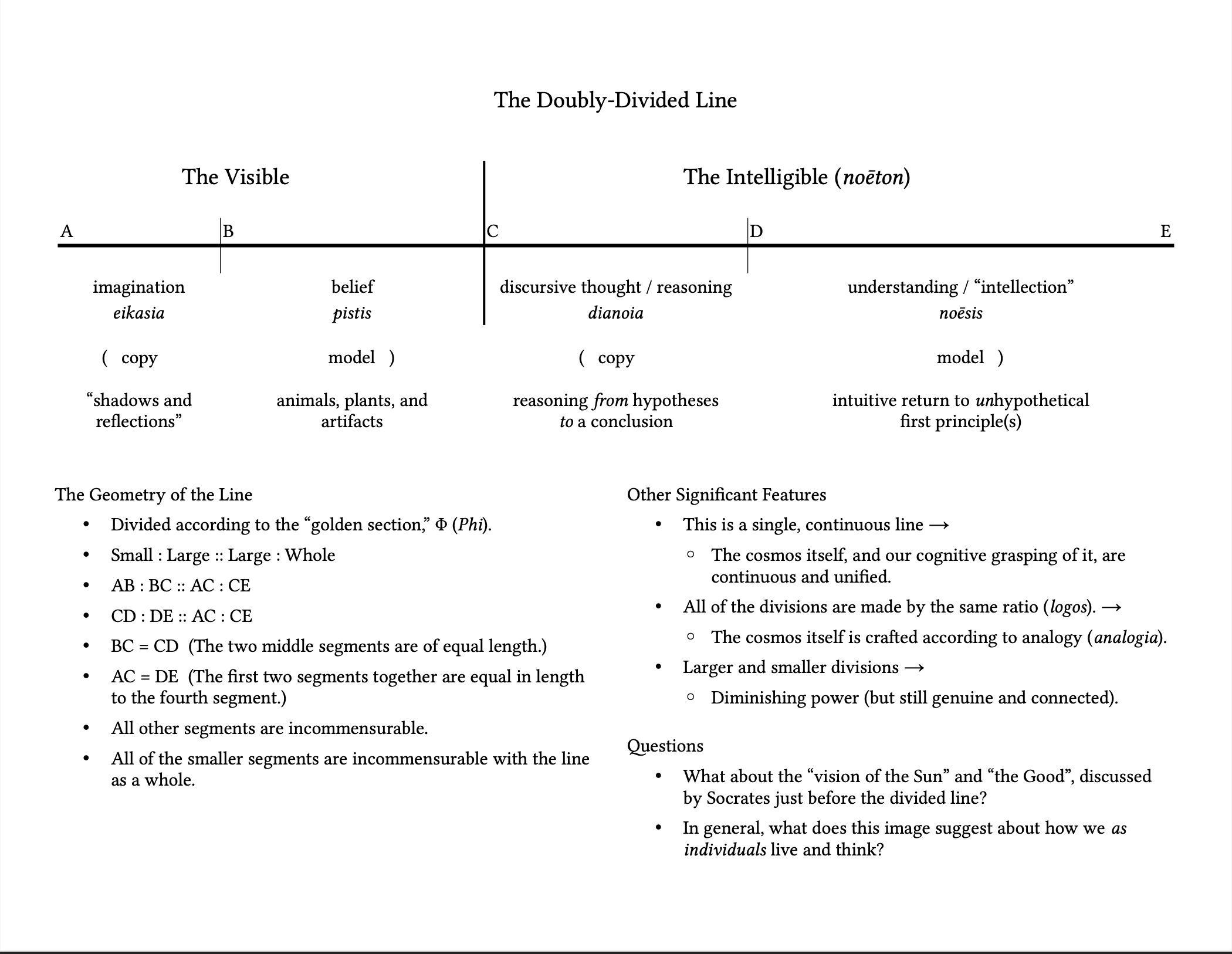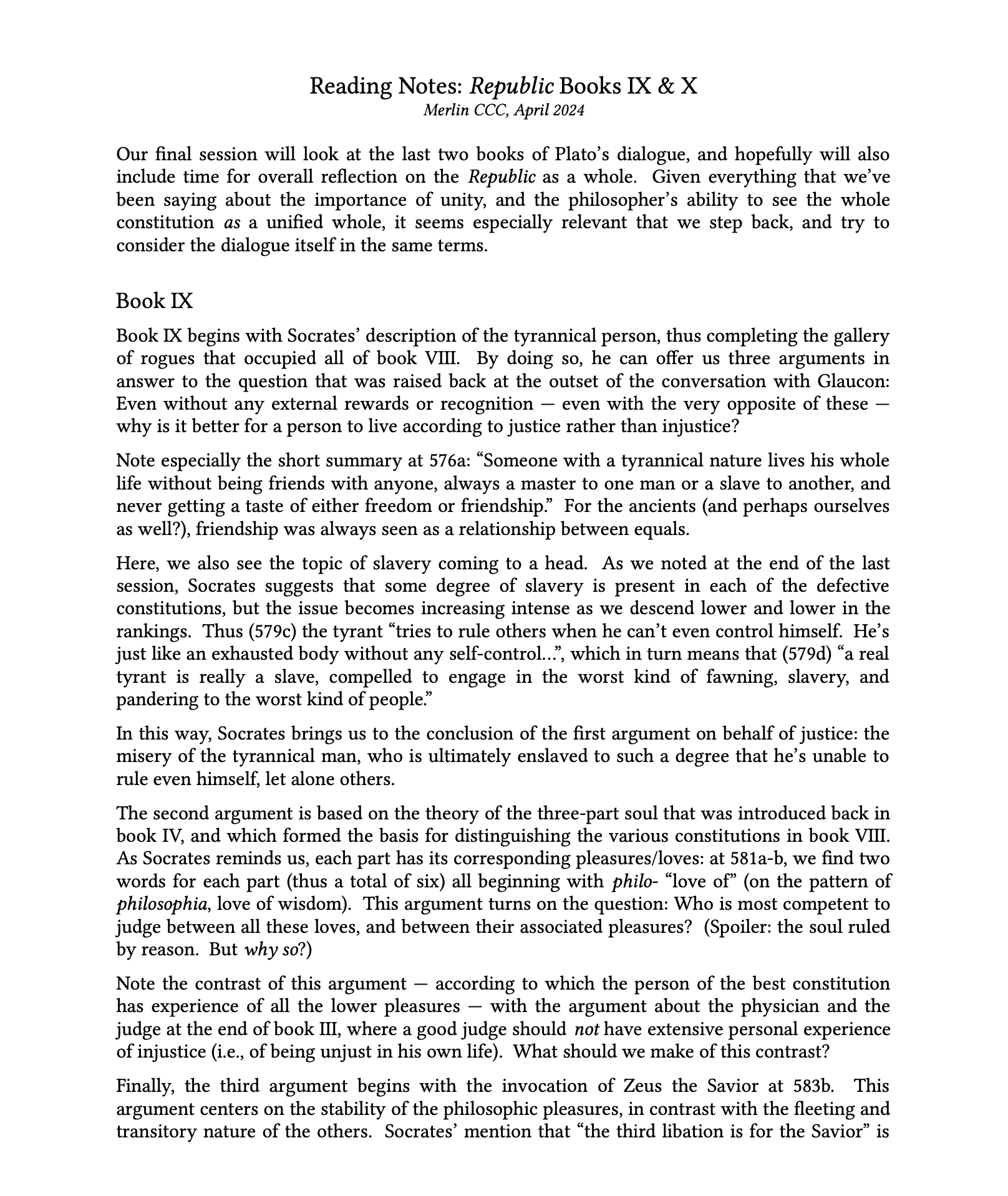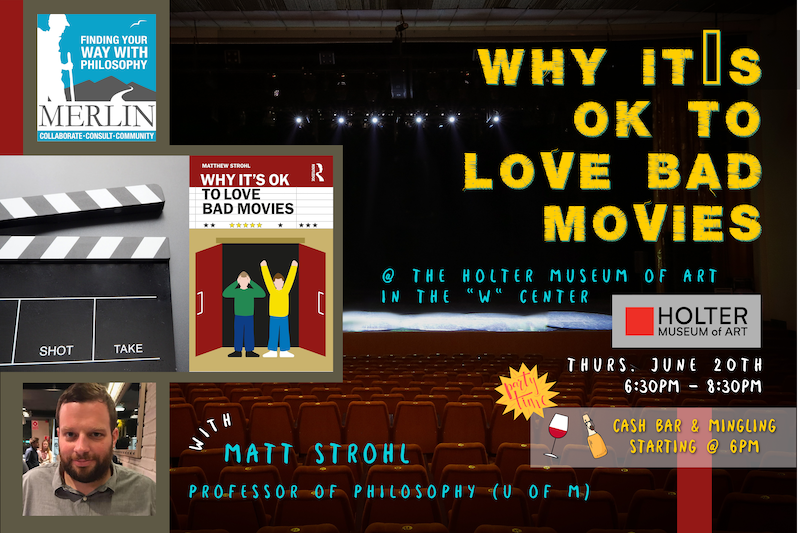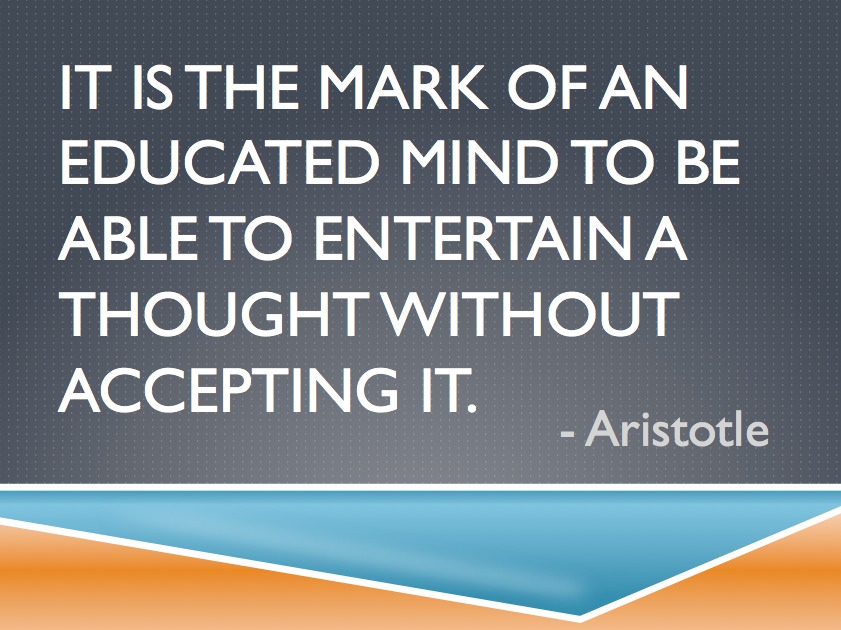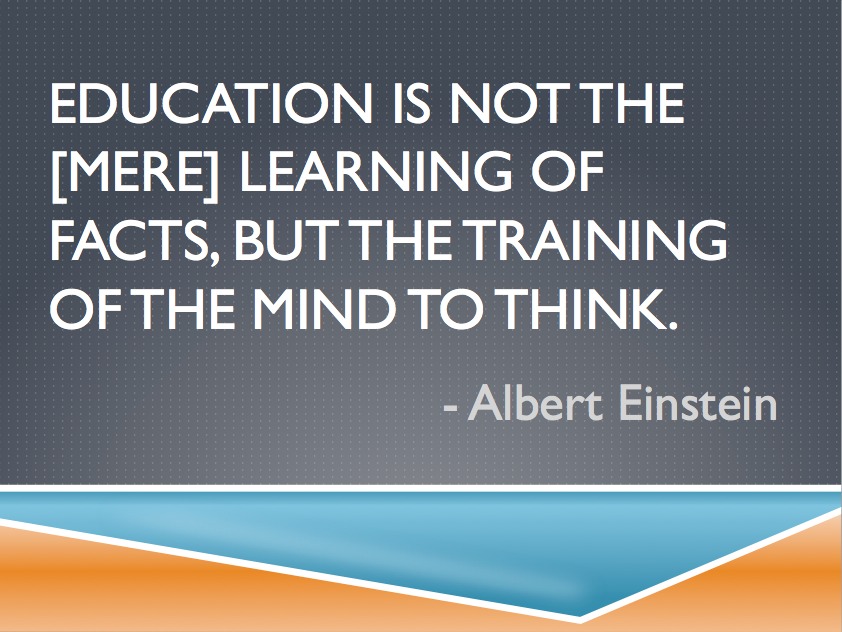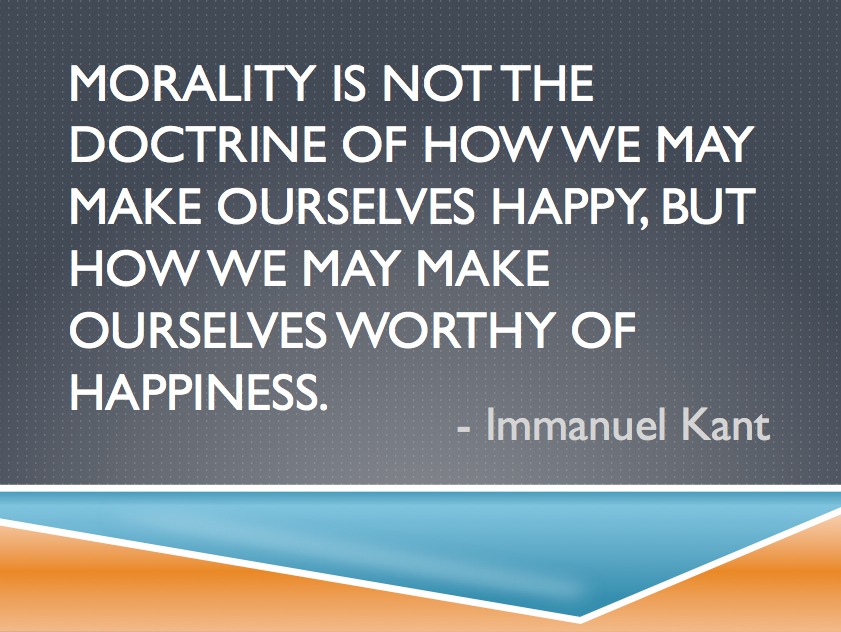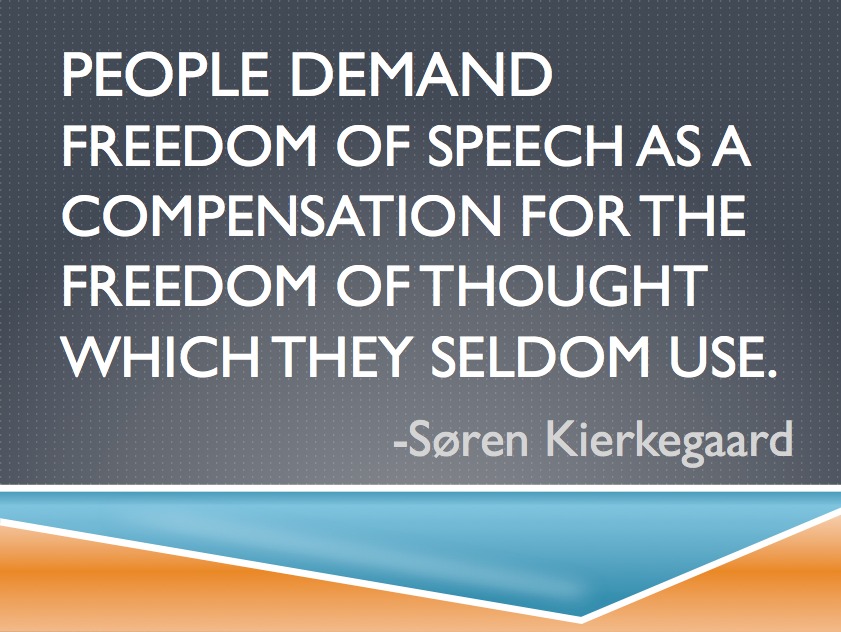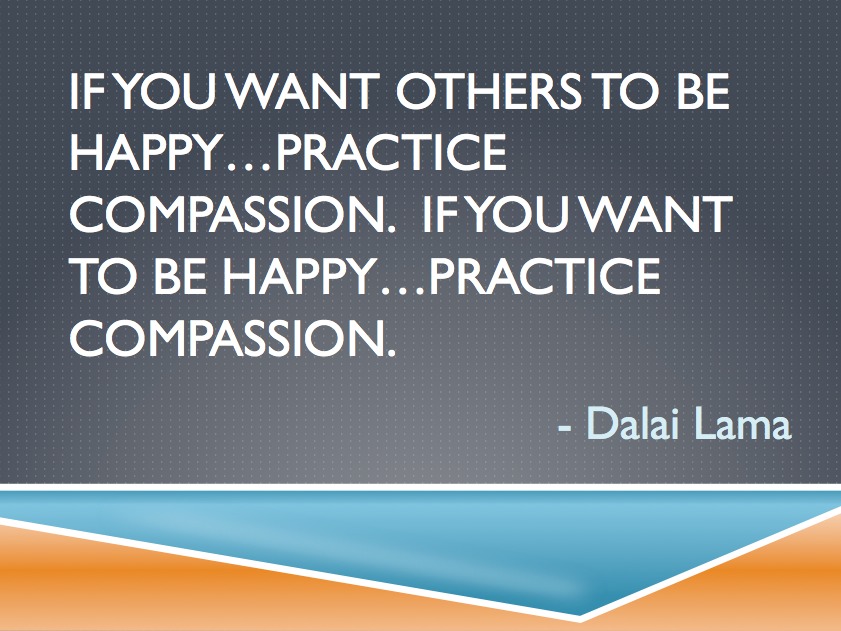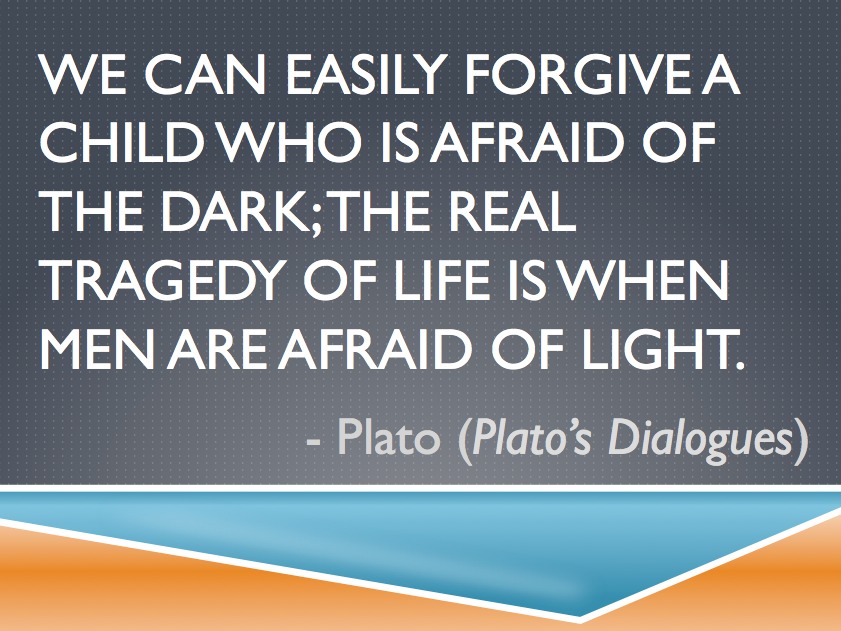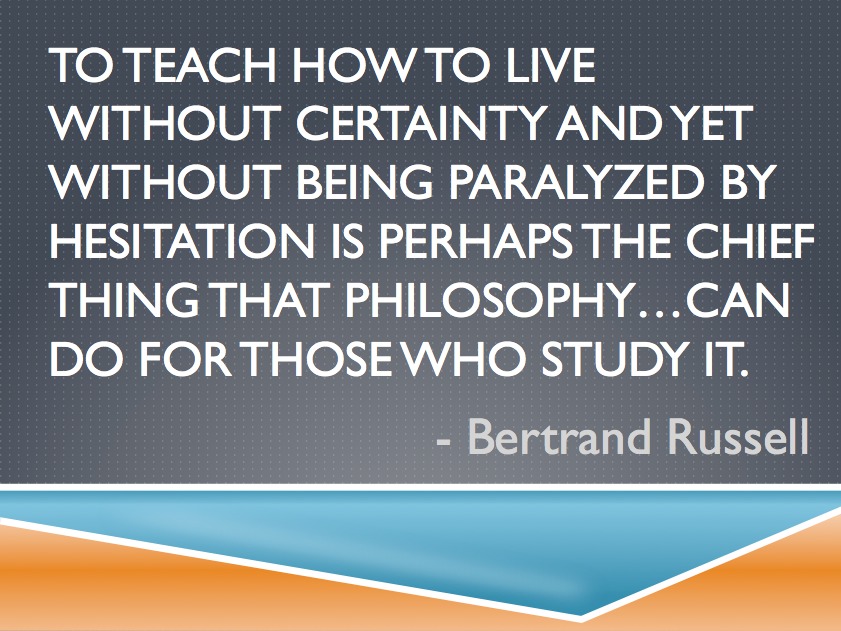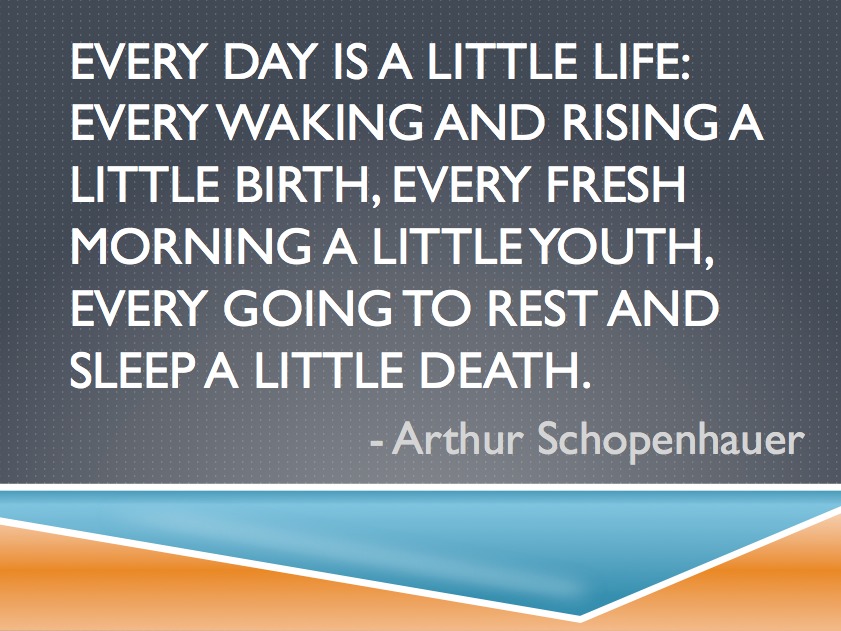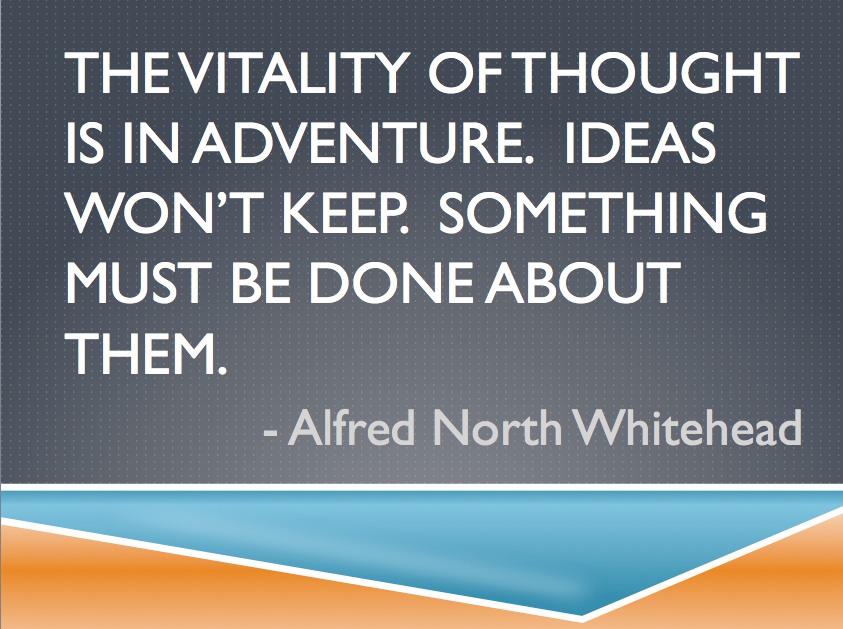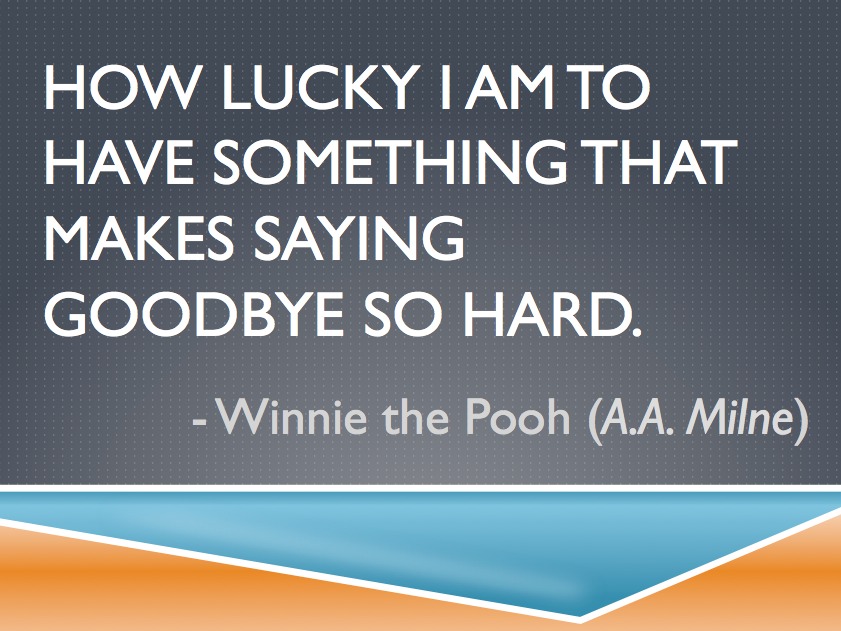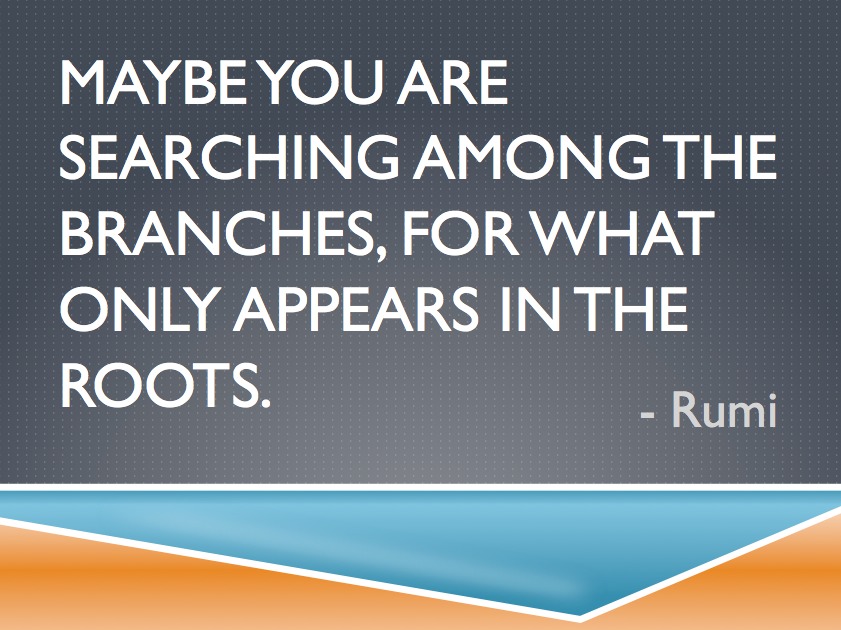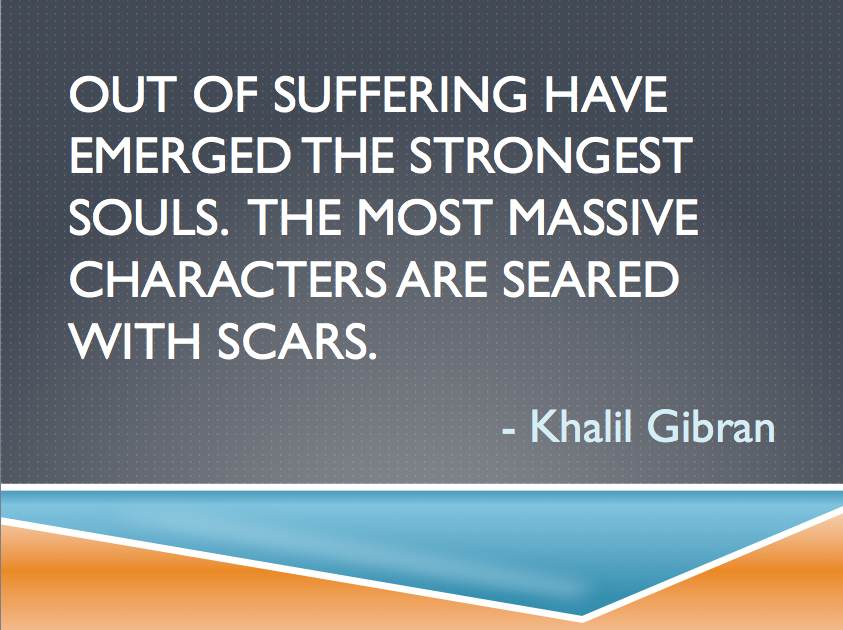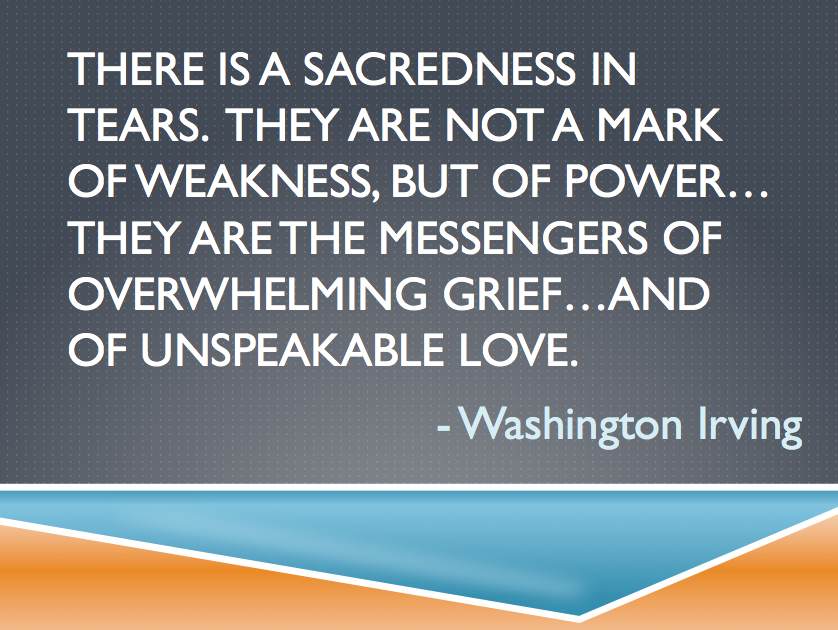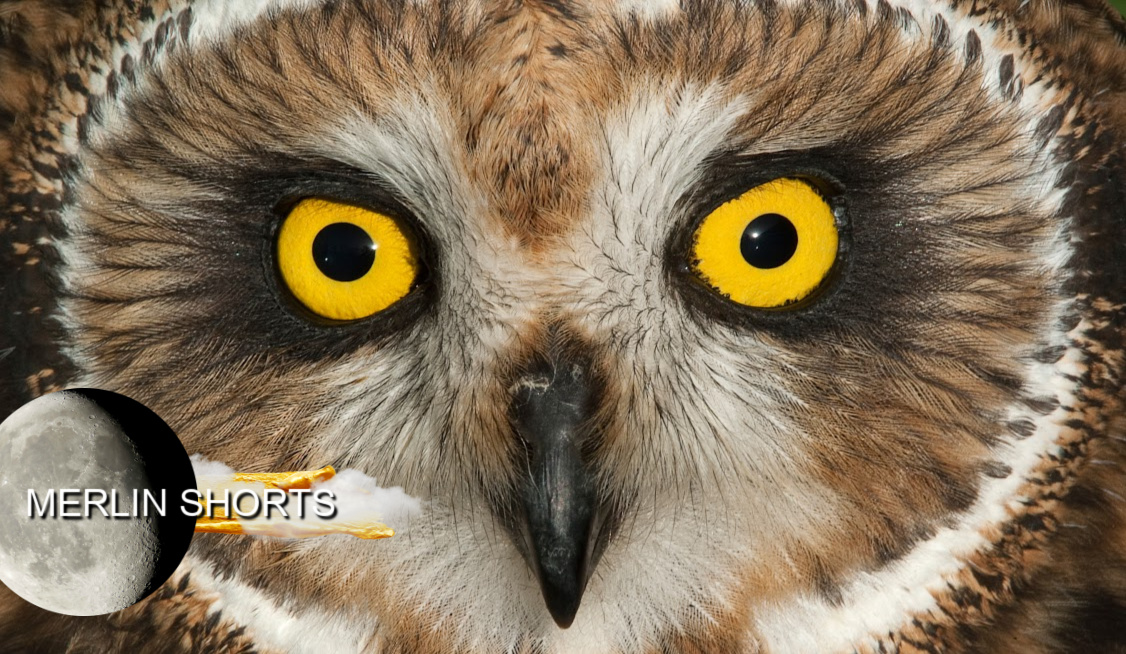
Tight schedules don’t have to mean sacrificed depth. That’s why we developed Merlin Shorts — a series of shorter “hoot-worthy!” gatherings ranging from Philosophy Drive-Ins and Read-In’s, to our newest series in the bunch “How Did We Get Here?” Ranging from 1 hour 15 minutes in length to 2 hours, each of our shorts offers you a chance to dive deep and explore ideas together…no matter how much time you have to spread your wings.
Winter 2024 Shorts

Connecting the ideas of today to yesterday
An examination of the evolution of ideasHow Did We Get Here?: Philosophy
Reeder’s Alley Conference Center
w/ Philosopher David Nowakowski
Thursday, April 18th
6:30pm-8pm
How Did We Get Here?: Democracy
Reeder’s Alley Conference Center
w/ Professor of Political Science, Stephen Forrest
Thursday, May 16th
6:30pm-8pm
In addition to the intrinsic worth — and pleasure — of exploring the twisted history of our ideas, there’s a lot of be gained by asking “How did we get here?” Consider:
Uncovering missed opportunities. Sometimes the “road not taken” is still open to us, as a path to take now, even if it’s overgrown with weeds from neglect. A wide view of history can help us (re)discover the forgotten paths.
Finding the hidden premises and assumptions, that lurk unquestioned behind our habits of thought. This can give rise both to a deeper understanding of where we are now, and to some interesting points of leverage, if we want to make deep and lasting changes.
Gaining a sense of perspective on ourselves, our culture, and our historical moment. It’s a commonplace that traveling or interacting with folks from another class, culture, or background — whether abroad or right here with our neighbors — can deepen our understanding of ourselves and our own place in the world. The same thing can be said of the past: The past is like a foreign country, which, when visited, can have many of the same benefits!
This new series will take us on a tour of some neglected and forgotten paths of intellectual history, asking “How Did We Get Here?” for important philosophical, scientific, and cultural concepts like dignity, free will, science, and the nation.

Our take on written word and great conversation.
Exploring classic & contemporary ideas by reading together
About our Short Reads
Our “Short Reads” evenings explore a focused philosophical argument or theme, by way of a short (4–6 page) paper. During the evening, we’ll step through the paper together, using it as the focal point for a lively and interactive conversation. Papers are short and compact, and we’ll read many of the longer quotes aloud together as we go.
Themes vary, and are announced (along with sharing the paper) about two weeks prior to each session. Participants are encouraged, but not required, to read through the paper in advance, to begin thinking about the topic before you arrive.
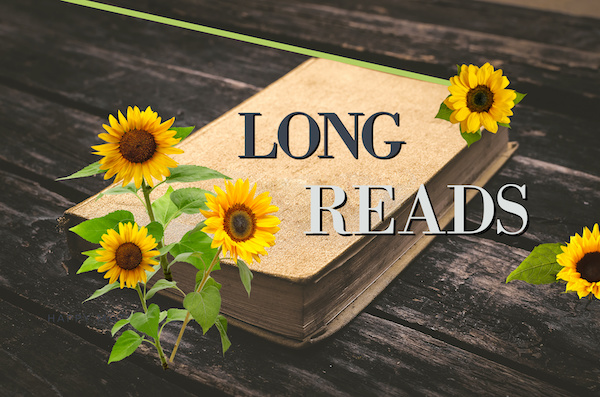
About our Long Reads
There is a special kind of deep, focused learning that can only happen through close, careful engagement with the written word—and particularly, with the written words and arguments of thoughtful, rigorous thinkers. To foster that engagement in a friendly, collaborative setting, we’re launching a new philosophy series, “Reading Together,” which will focus on close reading of philosophical books, both classic and contemporary. Throughout the series, we’ll be interested both in the specific arguments that various philosophers make, and their implications for our lives, and also in developing the skills and habits of reading in a specifically philosophical way. Here, this means that we’ll focus on:
- Understanding the argument(s). An argument is not simply in idea, a claim, or a belief. It’s certainly not just what someone “feels.” An argument is a sustained, interconnected chain of reasoning, which draws careful conclusions from axioms, principles, and evidence. We’ll practice the skill of analyzing and responding to philosophical argument, in a rich and robust way.
- Opening ourselves up to change and transformation. As our author says in another book, the art of philosophical conversation is a “moral accomplishment, because to be good at this kind of conversation you have to love the truth more than you love your own current state of understanding.” That is, it involves a genuine desire to be changed for the better by the encounter: to have our own mistakes, prejudices, and false beliefs held up for scrutiny so that we can come to a deeper, more robust understanding of the world as it really is, and then (re)structure our lives such that we respond more appropriately. This is a hard thing to do, one that most of us will struggle with sometimes. Nonetheless, by joining in this kind of philosophical reading and conversation, we’re committing to it as an ideal, and committing to helping each other to achieve it together, insofar as possible.
So in our reading, and our conversation together, we’ll work together, first to understand the author’s arguments on their own terms, as deeply and charitably as possible, and then to consider the implications of those arguments for our own lives.

Bringing ideas to life through film.
A night of short films & philosophical discussion for all ages.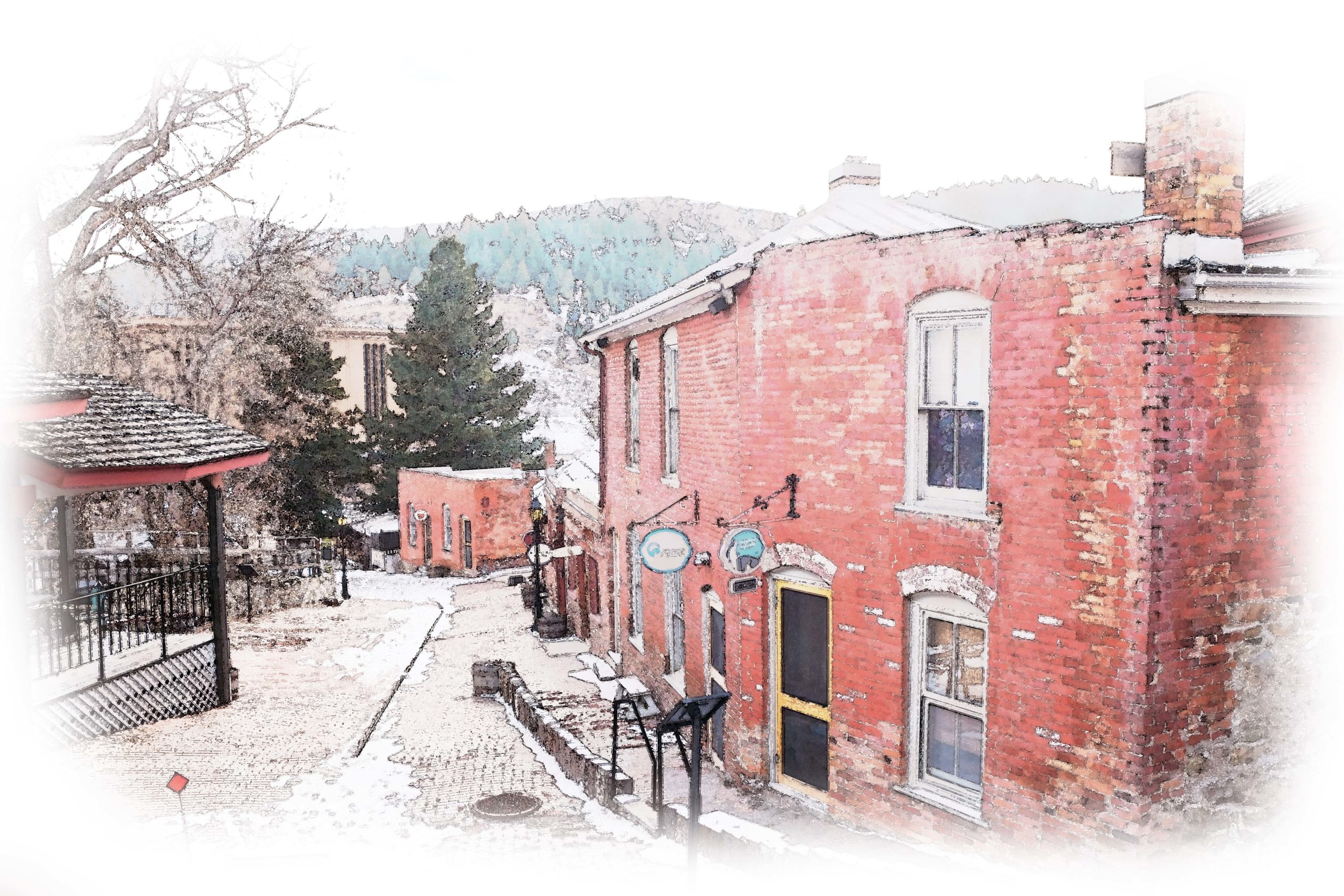
Visit our Merlin Shorts Archive page to access resources & photos from previous gatherings.
Want to learn more about some of our other philosophy-based community events & socials? Click on one the applicable link(s) below:

